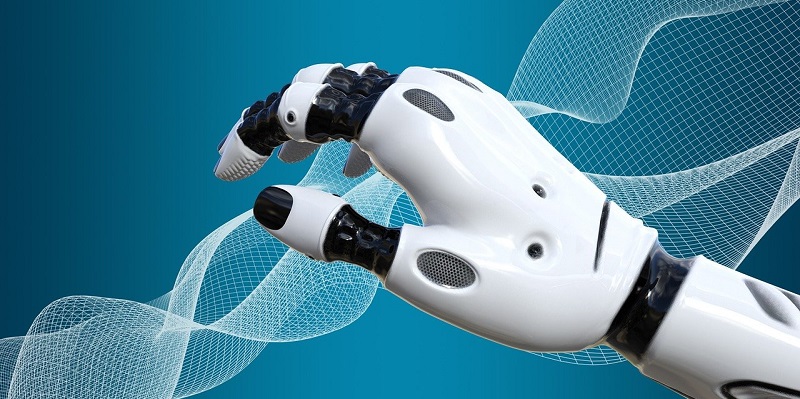In today’s digitally-driven world, networks play a critical role in connecting devices, applications, and users. Managing and optimizing these complex networks has become an increasingly challenging task. However, the rise of Artificial Intelligence (AI) has paved the way for a new era in network analysis and understanding. AI-driven Intent-Based Networking (IBN) systems harness the power of AI to not only analyze vast amounts of network data but also enable proactive problem-solving, automate network configuration, and enhance network security. In this article, we delve into the transformative capabilities of AI-driven IBN and its pivotal role in revolutionizing network management.
The Crucial Role of AI in Network Analysis and Understanding
In the digital era, networks generate enormous amounts of data. Analyzing and understanding this wealth of information manually is virtually impossible. This is where AI takes center stage. By leveraging advanced algorithms, AI can quickly analyze network device data, application performance metrics, and user behavior patterns. As a result, network administrators gain valuable insights into network performance, traffic distribution, and resource utilization.
Harnessing AI to Identify Patterns and Trends
AI-driven IBN systems have the remarkable ability to identify patterns and trends within network data. By continuously analyzing traffic flow, network utilization, and application performance, AI algorithms can detect anomalies that may indicate potential problems or areas for optimization. This invaluable capability enables network administrators to proactively address issues before they reach critical levels.
Proactive Problem-Solving and Optimization through AI-Driven IBN
The proactive nature of AI-driven IBN is a game-changer for network management. By identifying potential issues early on, network administrators can take timely action to resolve them, thereby optimizing network performance and reducing downtime. The AI algorithms continuously monitor network health, identifying bottlenecks, underutilized resources, or configuration errors. This allows for prompt mitigation measures, resulting in enhanced user experiences and overall network efficiency.
Streamlining Network Configuration and Management with AI
Traditionally, network configuration and management have been labour-intensive and prone to human errors. However, AI-driven IBN automates these processes, reducing the risk of errors and streamlining management. Through machine learning algorithms, IBN systems can learn from historical data, making accurate configuration recommendations and implementing changes autonomously. This results in improved operational efficiency and valuable time savings for network administrators.
The Instrumental Role of AI in Self-Healing Capabilities
One of the most compelling features of AI-driven IBN is its ability to self-heal. The intelligence embedded in these systems allows them to automatically take corrective actions to resolve problems. Whether it’s rerouting traffic, reallocating resources, or addressing configuration inconsistencies, AI-driven IBN can swiftly restore normal network operations. By ensuring a proactive and self-healing network environment, network resiliency is greatly enhanced, reducing both operational costs and downtime.
Ensuring Network Security with AI-Driven Intent-Based Networking
In addition to optimizing network performance, AI-driven IBN significantly improves network security. By continuously analyzing network traffic patterns, AI algorithms can identify anomalies that raise red flags. Suspicious behavior, abnormal access patterns, or potential security breaches can be rapidly detected, enabling network administrators to respond promptly to mitigate or neutralize threats. AI-driven IBN adds an extra layer of protection, complementing traditional security measures and fortifying the overall network defense.
In an era defined by unprecedented connectivity and data proliferation, networks form the backbone of our digital infrastructure. By harnessing the power of AI, network administrators can unlock a new realm of network analysis, optimization, and security. AI-driven Intent-Based Networking empowers proactive problem-solving, streamlines network management, and automates configuration processes. Furthermore, the self-healing capabilities and enhanced security features bring peace of mind to network administrators, allowing them to focus on strategic initiatives. As we continue to rely on networks for our daily operations, the transformative potential of AI-driven IBN sets a new standard for efficient and resilient network management in the digital age.

